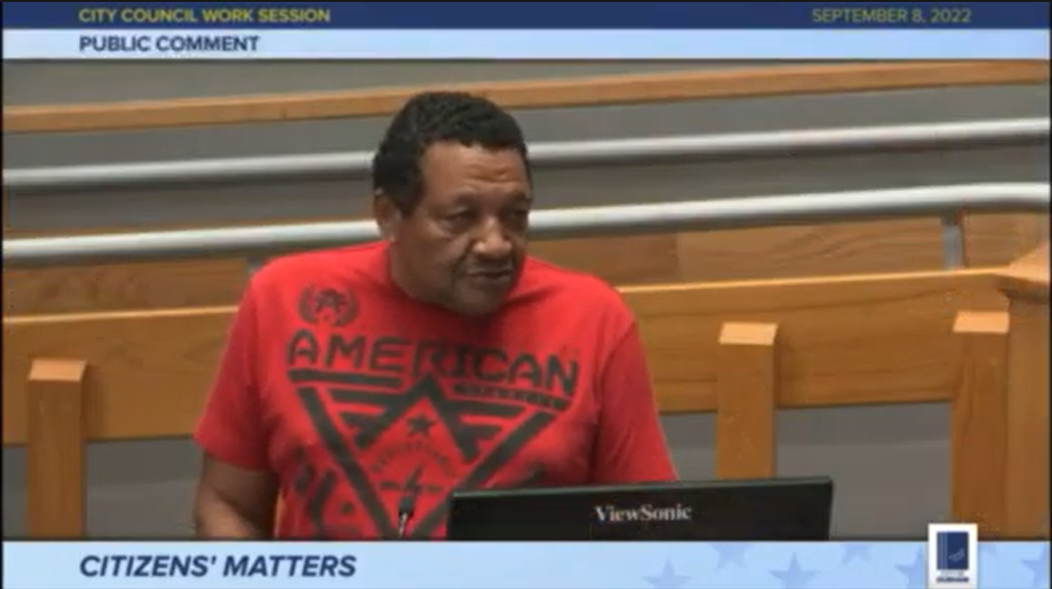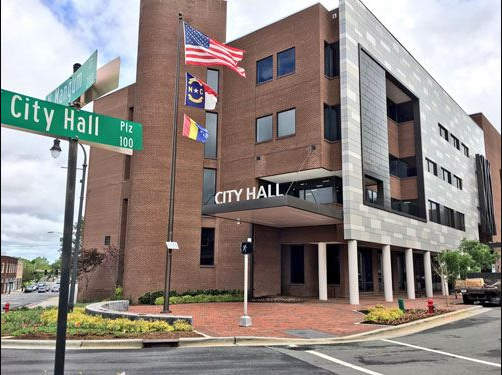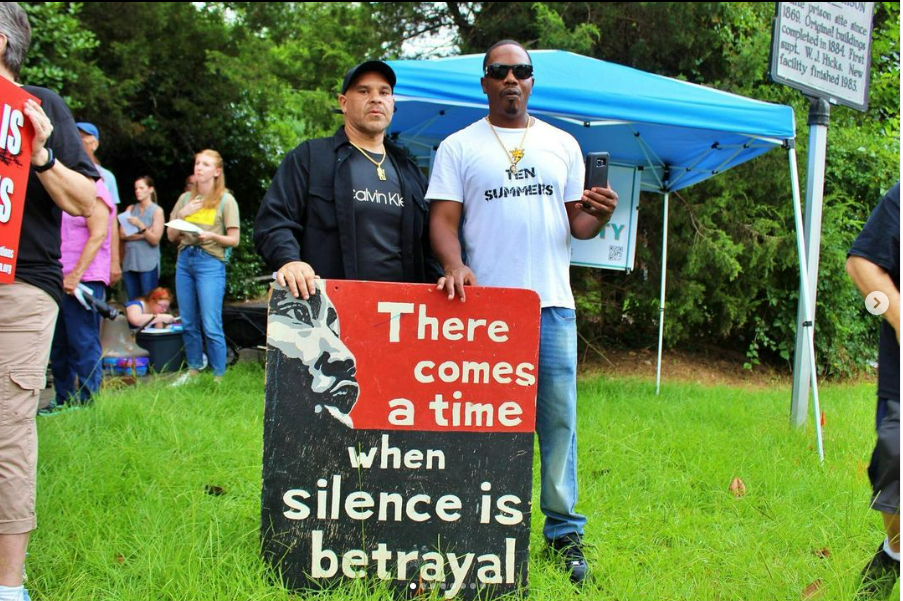
by Elizabeth Simpson | Sep 14, 2022 | Criminal Justice Reform, Emancipate NC News, Mass Incarceration
This week, we drop the first episode of a new podcast addressing issues of racism and mass incarceration, hosted by Cierra Cobb. Black Light Podcast will share stories from inside. Our first guest is Michael Rhines, sharing his experiences living in...

by Elizabeth Simpson | Sep 14, 2022 | Criminal Justice Reform, Emancipate NC News, Policing
Darryl Howard is a Durham man who was wrongfully imprisoned for 22 years due to the misconduct of a Durham police detective. Last year, a jury awarded him $6 million. But so far, Durham has declined to pay the judgment, citing a legal technicality. Last...

by Elizabeth Simpson | Sep 10, 2022 | Criminal Justice Reform, Emancipate NC News, Mass Incarceration
On September 7, 2022, Ashlee Inscoe underwent an urgent surgical procedure that will protect her physical and mental health and affirm her gender. She has been fighting to have this surgery approved by prison officials for several years. Emancipate NC Strategic...

by Elizabeth Simpson | Sep 6, 2022 | Criminal Justice Reform, Emancipate NC News, Mass Incarceration, Policing, Uncategorized
Durham, NC: The City of Durham is refusing to pay Darryl Howard, a man falsely imprisoned for over two decades by a Durham police officer, the full $6 million compensation awarded to him by a jury when his conviction was finally vacated. This injustice flies in the...

by Elizabeth Simpson | Aug 31, 2022 | Criminal Justice Reform, Emancipate NC News, Ending the Death Penalty, Justice League
Photograph by Brandon Smith On August 19, the North Carolina Coalition for Alternatives to the Death Penalty (NCCADP) held a week of activity to commemorate the 16th anniversary since the last state-sponsored execution in North Carolina. Emancipate NC is a member of...

by Elizabeth Simpson | Aug 31, 2022 | Criminal Justice Reform, Emancipate NC News, Mass Incarceration
Team Emancipate is part of a coalition of people and organizations working to register formerly-incarcerated people to vote. A recent court decision restored the franchise to people with felony convictions who are serving probation, parole, or post-release...






